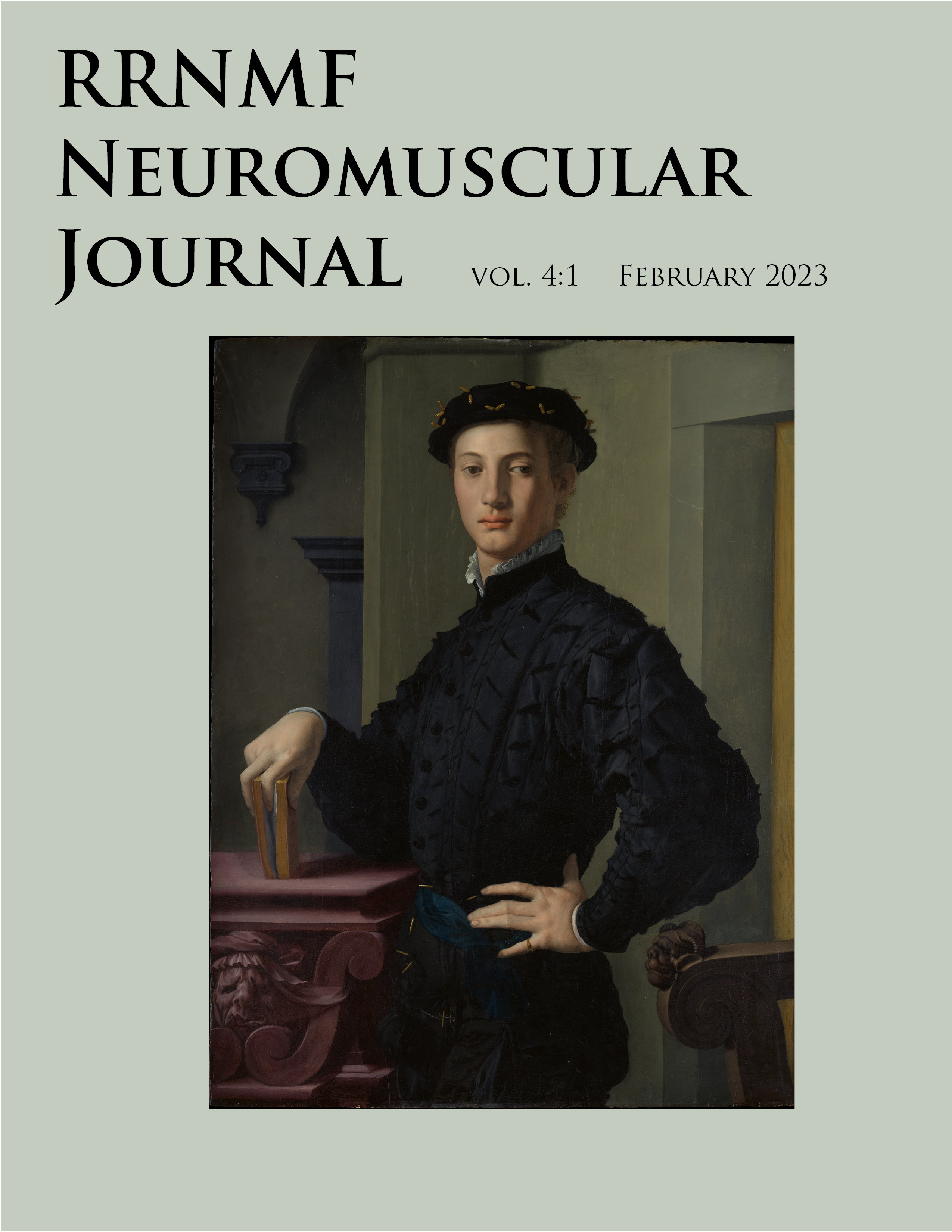Knowledge and perceptions of the COVID-19 pandemic among patients with myasthenia gravis: follow up survey
DOI:
https://doi.org/10.17161/rrnmf.v4i1.18415Keywords:
Myasthenia gravis, COVID-19, Survey, Corona virus, anxietyAbstract
Introduction
We previously conducted a survey study in April 2020 at the beginning of the SARS-CoV-2 (COVID-19) pandemic to understand how it affected patients with myasthenia gravis (MG). Since then, significant advances have occurred in the following areas: knowledge about the SARS-CoV-2 virus, infection risk mitigation, patient management, risks for MG patients, and a global vaccination program. We conducted a follow-up survey in February 2021 to assess how these advances impacted the care and perception of MG patients.
Methods
We conducted a prospective online survey study of MG patients at a large academic practice in the Duke Health System.
Results
Seventy-eight patients participated in the survey including 55 from previous survey and 23 newly identified patients. The top reported change in the interaction with healthcare providers was an increase in telemedicine visits (74%). The median satisfaction score (0-100 scale) for telemedicine visits was 74. Ninety-six percent of survey participants expressed concern about pandemic and nearly half of participants showed anxiety based on Generalized Anxiety Disorder-7 score. The top 3 concerns related to COVID-19 were getting hospitalized (62%), exacerbation (62%) and death (53%).
Discussion
Although the results of follow-up survey were overall similar to the previous study, most of patients switched from in-person clinic visits to telemedicines. The overwhelmingly large portion of patients continue to have concern and anxiety for pandemic but the patients with severe symptoms have higher anxiety scores.
Conclusion
This follow-up survey demonstrated the adjustment of MG patients to new methods of communication, significant psychological impact of COVID-19 on them and their good healthcare literacy.
Downloads
Downloads
Published
Issue
Section
License
Copyright (c) 2023 Yingkai Li, Yohei Harada, Marjan Cobbaert, Vern Juel, Lisa Hobson-Webb, Shruti Raja, Natalia Gonzalez, Jeffrey Guptill

This work is licensed under a Creative Commons Attribution-NonCommercial-NoDerivatives 4.0 International License.

